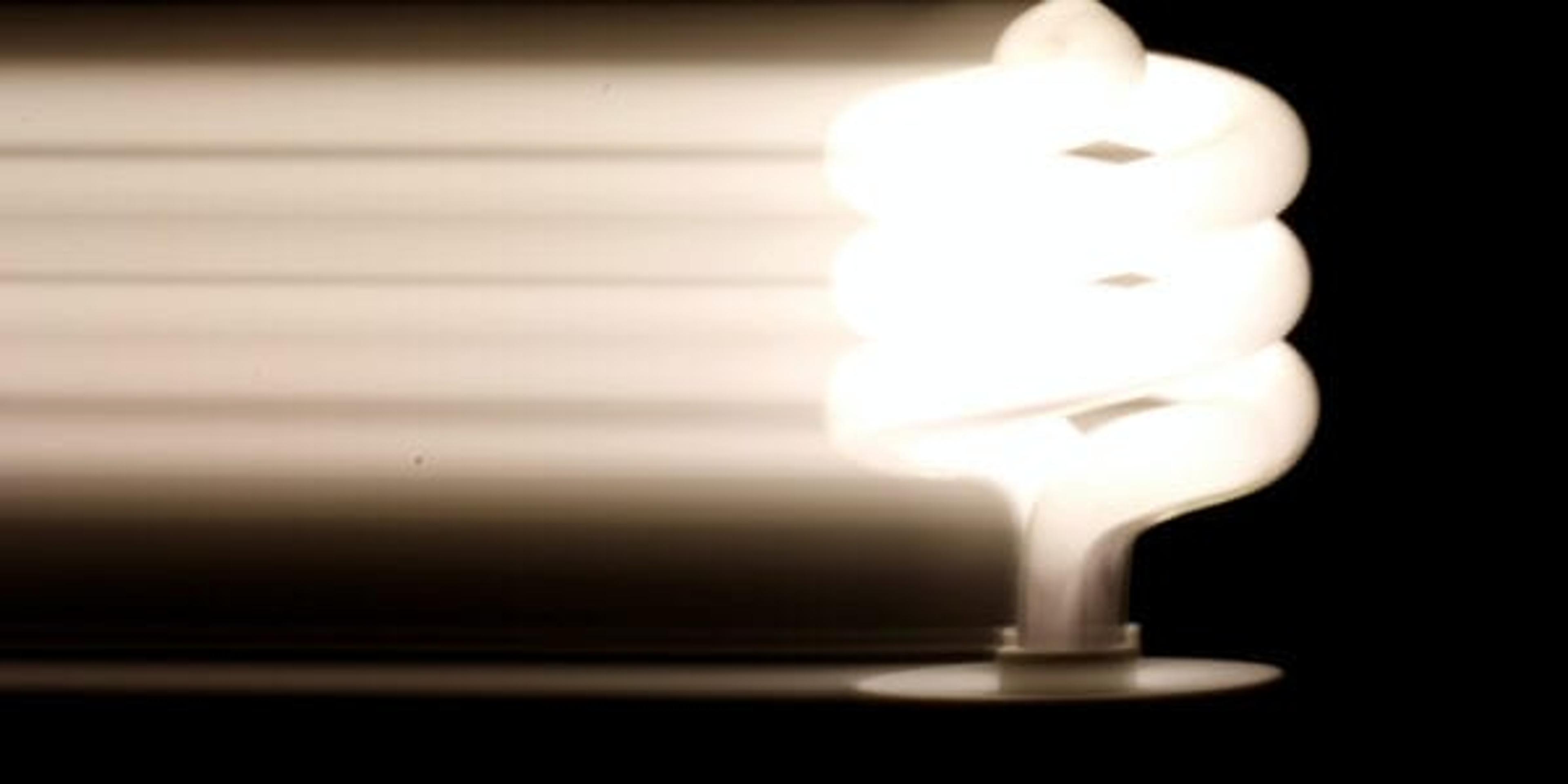The Surprising Impact of Indoor Lights on Your Body
| 3 min read

Ever since Thomas Edison first patented his light bulb in 1879, humans have spent time indoors every day under artificial lights. These days, especially during winter, it can feel like every waking moment is spent indoors with lamps and overhead lights shining brightly. There are obviously pros—no reading by candlelight or going to bed when the sun goes down—but there are also some cons. Here are just a few ways your physical and mental health get impacted by artificial lights:
- It’s tougher to fall asleep. Your body has a daily cycle called a circadian rhythm that used to be solely controlled by the sun. But now, artificial lights wreak havoc on it. In fact, researchers have found that being under bright lights after dusk suppresses the release of melatonin, a sleep-promoting hormone, because your body still thinks it’s daytime.
- It saps you of energy. Researchers watched two groups of people—one group worked all day under fluorescent lights and others worked with natural light. The group that had exposure to sunlight were much more alert by the time evening rolled around while the artificial-light group found themselves dragging.
- It ruins your mood. Spending evenings surrounded by artificial lights affects the parts of your brain that regulate mood, memory and learning. Researchers believe the result is a higher risk for depression and a tougher time holding on to information.
That said, trying to get through your day using only natural light is unrealistic during a Michigan winter. The good news: There are ways to counteract those long hours spent indoors.
- Wake up on the bright side. A burst of light first thing in the morning will signal to your brain that it’s time to switch to the “wake” part of the sleep-wake cycle. Without that signal, your body delays waking up fully, meaning your circadian rhythm will be off and you’ll have a tougher time falling asleep that night. If you get a lot of sunlight in your bedroom, open up the curtains. If not, turning on a lot of lights helps. An extra bonus: People who are exposed to bright lights in the morning tend to have a lower BMI than those who keep things dim.
- Head outside during “solar noon.” This is the moment of the day when the sun is at its highest point in the sky (use this solar calculator to find out the moment that happens in your area).
- Dim your lights at night. There’s no need to sit in a dark room, but if you have adjustable light switches, lower the intensity. And one-to-two hours before bed, stop staring at bright screens like your TV, tablet or cell phone.
If the hours spent indoors under artificial lights are making your mood suffer, there are also special lights designed to mimic natural sunlight that can help.
Photo credit: Reilly Butler





